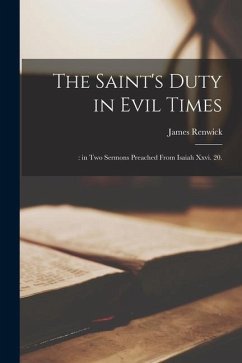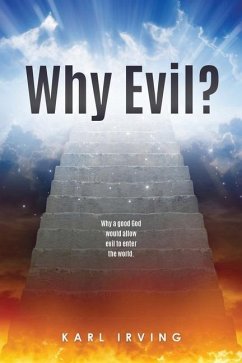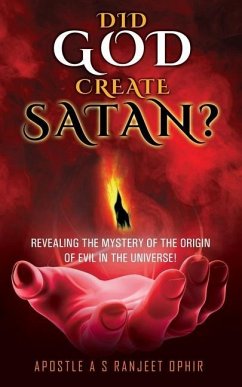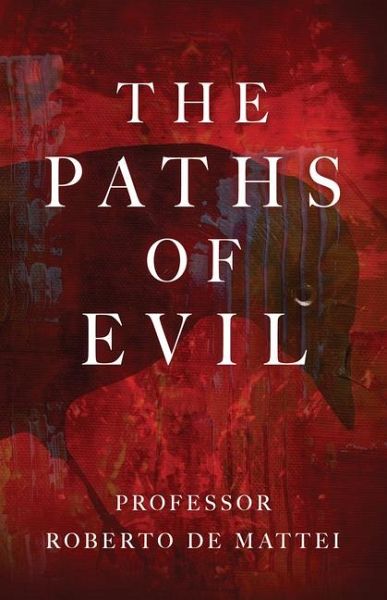
The Paths of Evil
Conspiracies, Plots, and Secret Societies
Versandkostenfrei!
Versandfertig in über 4 Wochen
15,99 €
inkl. MwSt.

PAYBACK Punkte
8 °P sammeln!
Conspiracies and secret societies exist because man, wounded by Original Sin, is inclined to evil and his social nature leads him to unite with other men in carrying out evil plans. With typical precision, historian Roberto de Mattei navigates us through this gloomy labyrinth of evil amid congiure, conspiracies, and plots -- terms often used as synonyms but which, through their semantic and conceptual differences, can each assist us in understanding better the hidden dimension of the history of the past five centuries. While the Italian term congiure indicates secret agreements limited to a fe...
Conspiracies and secret societies exist because man, wounded by Original Sin, is inclined to evil and his social nature leads him to unite with other men in carrying out evil plans. With typical precision, historian Roberto de Mattei navigates us through this gloomy labyrinth of evil amid congiure, conspiracies, and plots -- terms often used as synonyms but which, through their semantic and conceptual differences, can each assist us in understanding better the hidden dimension of the history of the past five centuries. While the Italian term congiure indicates secret agreements limited to a few people and aimed at killing a sovereign or a political leader, often in the context of a power struggle, conspiracies are projects with a much broader scope that seek to overthrow the constituted order. The golden age of congiure and political assassinations runs from the poisons of the Renaissance to the 1700s. Then, with the Enlightenment and the French Revolution, an age opened in which the traditional congiure was bolstered by the development of conspiracies of an ideological and political character. The plot, on the other hand, is an elusive, hidden agglomerate of which neither the identity of the protagonists nor the concrete operative means are revealed. Professor de Mattei posits that the contemporary plotting spirit we see today -- from the Aquarius conspiracy, to the Great Reset, to the virus pandemic -- has nothing to do with the study of anti-Christian secret societies, which has always been part of historiography and Catholic apologetics but, in fact, plays into the hands of those intent on the psychological, intellectual, and moral destabilization of the West. In these fascinating pages, you will discover: * Whether socio-psychological criteria are enough to formulate a conspiracy theory * What famous political minds such as Niccolò Machiavelli believed about conspiracies * How fabrications of plots by individuals such as Catherine de' Medici led to bloodshed * The cruelest epoch in history and its aftershocks in the schemes of secret societies * The role of the occult in plots and conspiracies, and its relationship with revolution * Solutions to avoid becoming lost in the matrix of evil and lies in modernity Ultimately, you will find how to differentiate between true and false plots and to discern how some conspiracies lead to heresy and insidiously attempt to destroy Christianity. By reading this book, you will be equipping yourself to challenge and overcome the dark errors of our times.



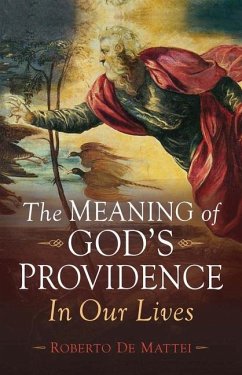
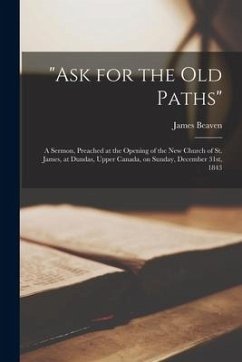
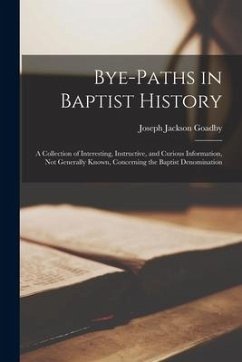
![The Life and Death of the Sublime Society of Beef Steaks [Compiled] by W. Arnold Cover The Life and Death of the Sublime Society of Beef Steaks [Compiled] by W. Arnold](https://bilder.buecher.de/produkte/67/67159/67159449n.jpg)

